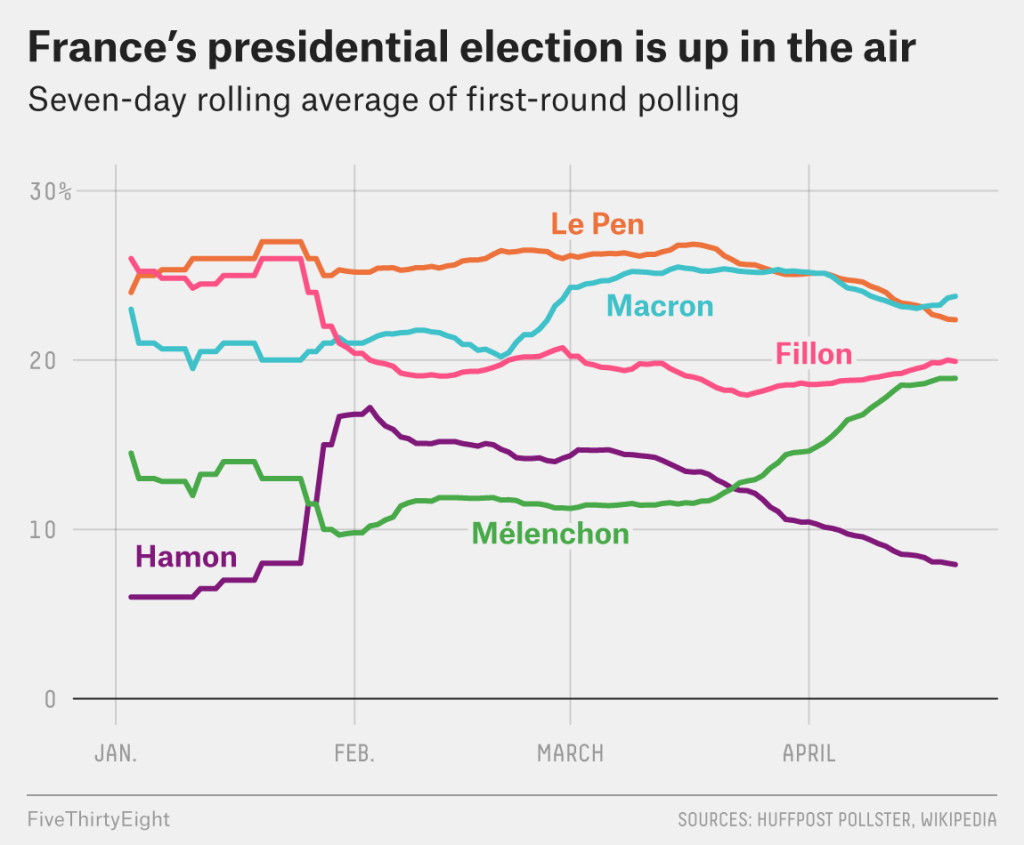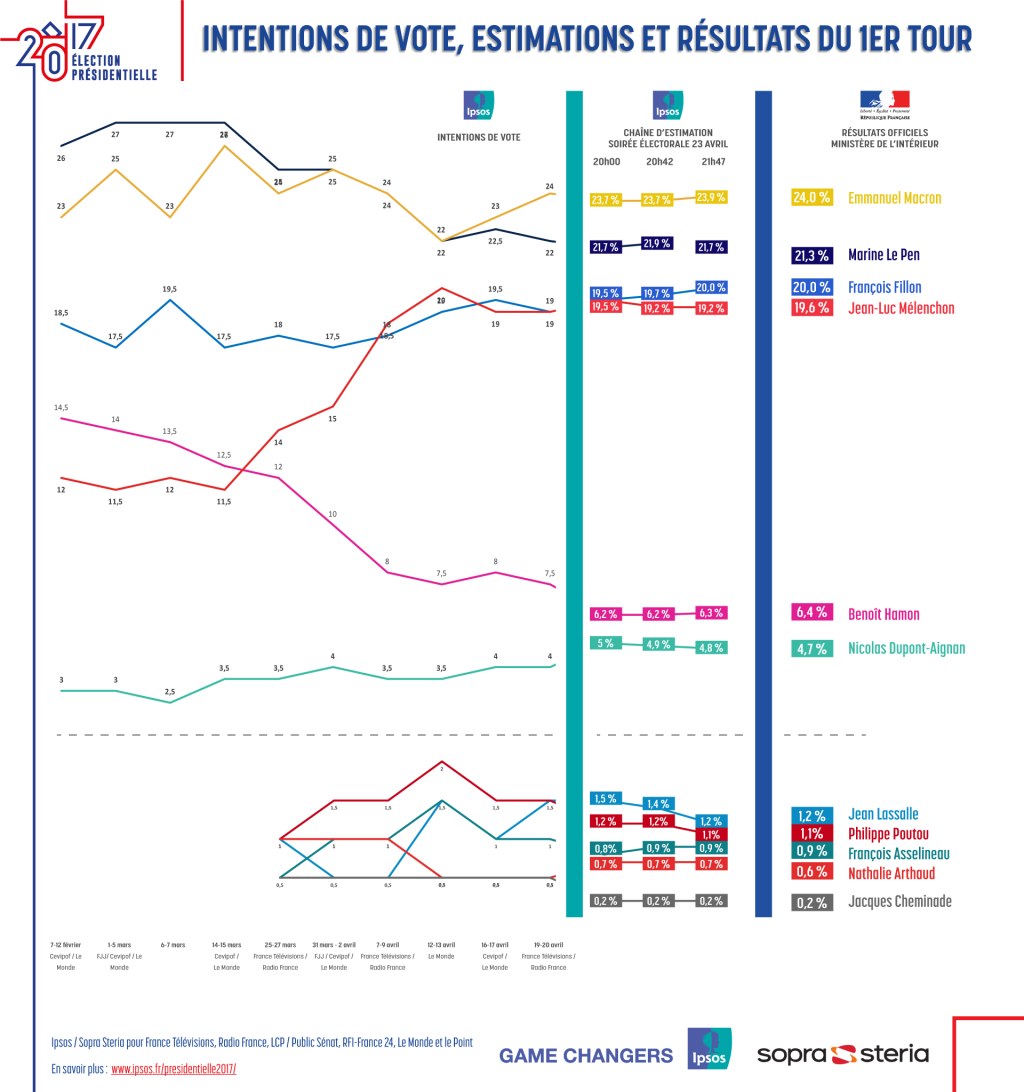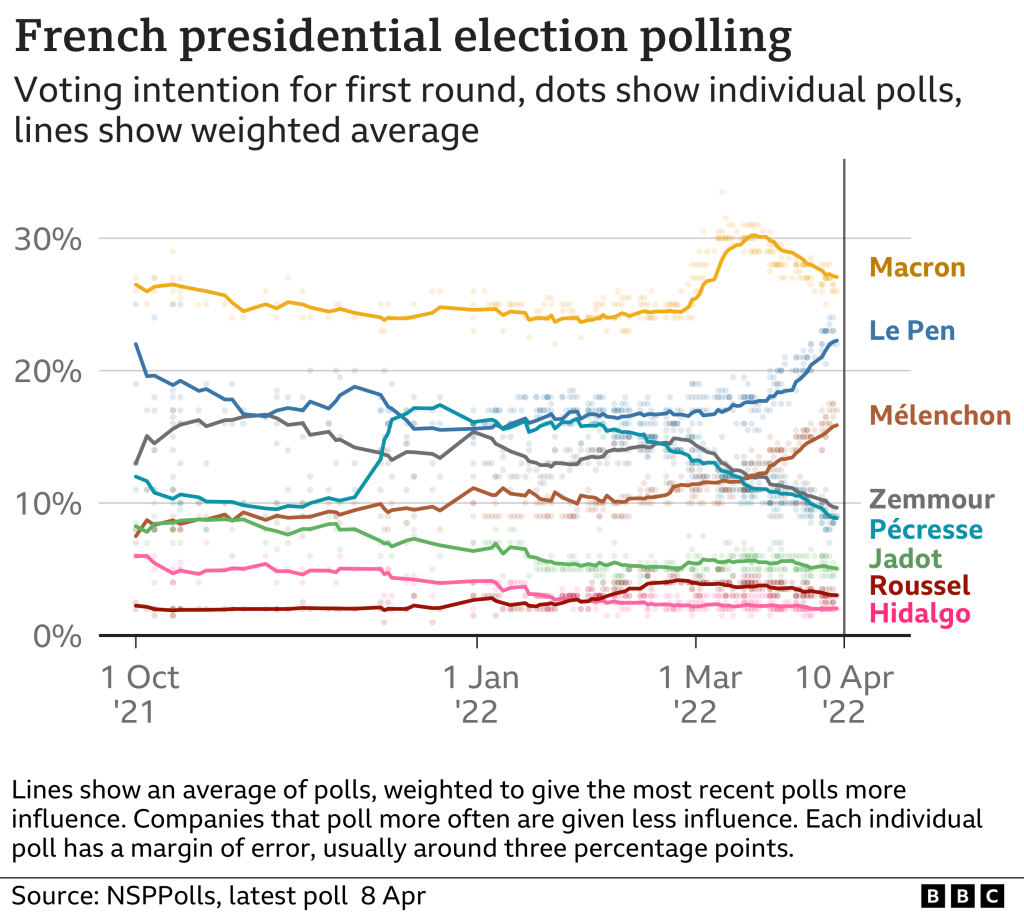French Politics Polls: Insight into the Political Landscape of France
Introduction
Dear Readers,
Welcome to our comprehensive analysis of French politics polls, where we delve into the intricacies of the political landscape in France. In this article, we will explore the latest polls, analyze the key players and parties, and discuss the implications of these polls for the future of France. Join us as we navigate through the complex world of French politics and gain a better understanding of the country’s political environment.
Overview of French Politics Polls

Image Source: fivethirtyeight.com
French politics polls provide valuable insights into the preferences and opinions of the French electorate. These polls aim to gauge public sentiment towards various political parties and their leaders, as well as highlight emerging trends and potential shifts in power.
By tracking the popularity and approval ratings of politicians, these polls play a crucial role in shaping political strategies, influencing policy decisions, and predicting electoral outcomes.
Now, let’s dive into the details and explore the what, who, when, where, why, and how of French politics polls.
What are French Politics Polls?

Image Source: ipsos.com
French politics polls are surveys conducted to measure the public’s opinion on political leaders, parties, and policies. These polls typically employ various methodologies, such as telephone interviews, online surveys, and face-to-face questionnaires, to gather data from a representative sample of the population.
The results of these polls are used by political parties, media outlets, and analysts to understand voter preferences, assess public sentiment, and anticipate electoral outcomes.
Who Conducts French Politics Polls?

Image Source: bbci.co.uk
A number of reputable organizations conduct French politics polls, including renowned polling agencies such as Ifop, OpinionWay, and Ipsos. These organizations employ rigorous methodologies to ensure the accuracy and reliability of their findings.
Media outlets, think tanks, and political parties themselves also commission polls to gather specific data or test the popularity of particular policies or candidates.
When and Where are French Politics Polls Conducted?
French politics polls are conducted at regular intervals throughout the year, with some organizations releasing monthly or quarterly reports. The frequency of polls increases during election seasons, providing valuable insights into voter behavior and sentiment.
Polling organizations collect data from various regions across France, ensuring a representative sample that encompasses the country’s diverse population. Urban and rural areas, as well as different socioeconomic groups, are taken into account to achieve a balanced and accurate representation of public opinion.
Why are French Politics Polls Important?
French politics polls serve as a barometer of public sentiment, allowing politicians, parties, and analysts to gauge the popularity and approval ratings of different political figures and groups. These polls provide valuable insights into the preferences of the electorate and help shape political strategies.
Additionally, French politics polls contribute to a more informed electorate by highlighting key issues, policy preferences, and potential challenges faced by the country. They offer an opportunity for citizens to engage in discussions about political developments and make informed decisions during elections.
How are French Politics Polls Conducted?
French politics polls employ various methodologies to gather data from a representative sample of the population. Telephone interviews, online surveys, and face-to-face questionnaires are some of the common methods used by polling organizations.
Random sampling techniques are employed to ensure that respondents are selected in a way that accurately reflects the demographics and characteristics of the population. To increase the reliability of the results, pollsters also take into account factors such as gender, age, education level, and geographic distribution.
Advantages and Disadvantages of French Politics Polls
Advantages:
1. Insight into Public Opinion: French politics polls provide a snapshot of public sentiment and preferences, allowing political actors to understand the concerns and priorities of the electorate.
2. Strategic Decision-Making: The data from these polls help political parties and candidates shape their strategies and platforms, ensuring they align with voter preferences.
3. Predictive Power: Well-conducted polls can accurately predict electoral outcomes, giving parties and candidates an edge in crafting effective campaign strategies.
Disadvantages:
1. Margin of Error: Polls are subject to a margin of error, meaning that the results may deviate from the actual sentiments of the entire population.
2. Volatility of Public Opinion: Public sentiment can change rapidly, making it challenging to capture the dynamic nature of voter preferences accurately.
3. Sampling Bias: Despite efforts to ensure representativeness, there may be inherent biases in the sample selection process, leading to skewed results.
Frequently Asked Questions (FAQs)
Q1: Are French politics polls always accurate?
A1: While polls strive to be as accurate as possible, they are not infallible. Factors such as sampling errors and shifts in public sentiment can affect the reliability of the results.
Q2: How do French politics polls influence election campaigns?
A2: French politics polls influence election campaigns by providing crucial information about public sentiment and preferences. Parties and candidates use this data to tailor their messages and strategies accordingly.
Q3: Can French politics polls be manipulated?
A3: Polls can be susceptible to manipulation, such as through biased question phrasing or selective reporting of results. However, reputable polling organizations employ rigorous methodologies to minimize such risks.
Q4: Do French politics polls reflect the opinions of the entire population?
A4: French politics polls aim to capture the sentiments of a representative sample of the population. While efforts are made to ensure representativeness, there may still be variations between the sample and the overall population.
Q5: How can the public use French politics polls to make informed decisions?
A5: The public can use French politics polls to gain insights into political trends, understand the concerns and priorities of different parties, and make informed decisions during elections.
Conclusion
In conclusion, French politics polls play a crucial role in understanding public sentiment, shaping political strategies, and predicting electoral outcomes. These polls provide valuable insights into the preferences and concerns of the French electorate, guiding parties and candidates in their quest for power.
As an engaged citizen, it is essential to stay informed about the latest polling data and analyze the underlying trends and dynamics. By doing so, we can actively participate in the democratic process and make informed choices that shape the future of France.
Final Remarks
French politics polls serve as a vital tool in understanding the views and preferences of the French public. However, it is important to approach poll results with caution, considering the inherent limitations and potential biases. As with any data-driven analysis, a comprehensive understanding of the methodology and context is crucial to deriving meaningful insights.
Our analysis has provided a comprehensive overview of French politics polls, shedding light on their significance, methodologies, and implications. We hope that this article has empowered you to navigate the complex world of French politics with greater confidence and understanding.